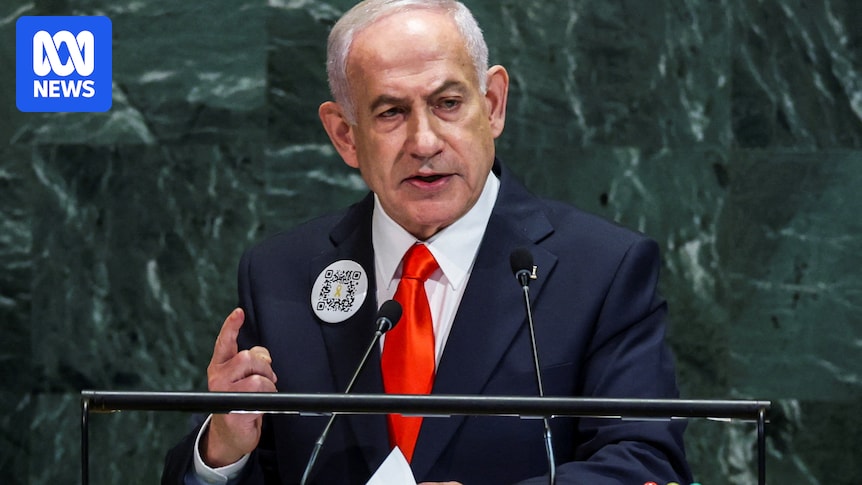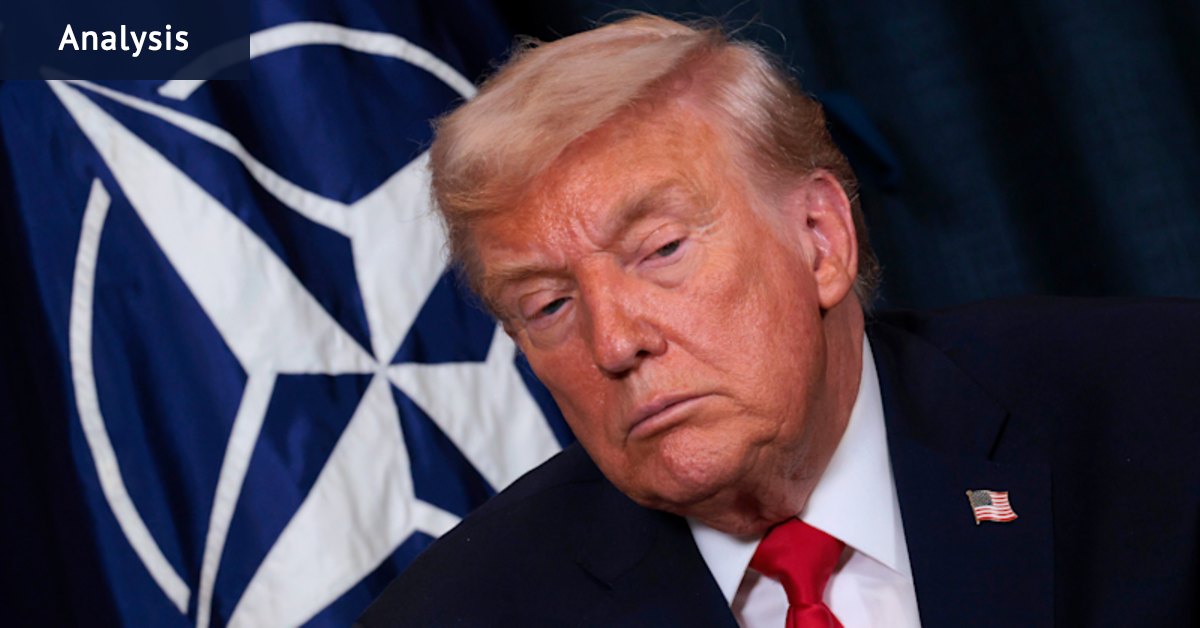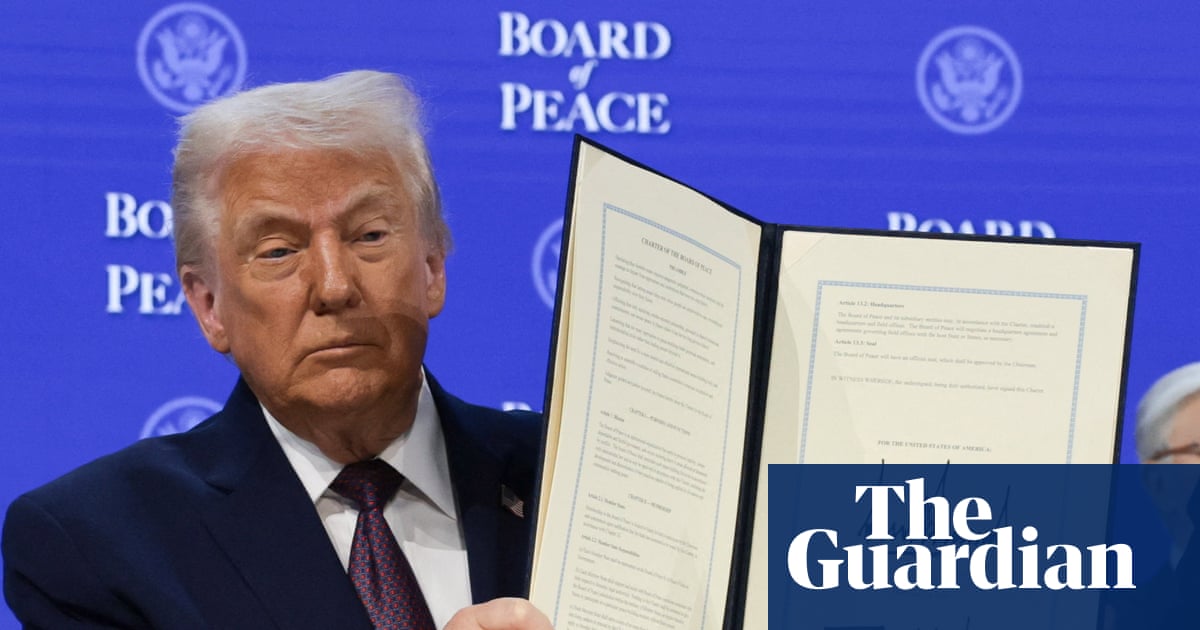
Scores of delegates staged a walkout at the United Nations as Israeli Prime Minister Benjamin Netanyahu delivered Israel’s national address, condemning world leaders who have recognized Palestine and criticized his military actions in Gaza. This dramatic moment unfolded shortly before U.S. President Donald Trump hinted at a potential deal to “end the war,” with details expected soon.
Netanyahu, who faces war crimes charges from the International Criminal Court, took a circuitous route to the U.S., seemingly to avoid European airspace where countries are obligated to arrest him. While some applauded his speech at the UN General Assembly in New York, many seats remained conspicuously empty, reflecting the international tension less than two weeks after a UN commission accused Israel of genocide.
Netanyahu’s Fiery Address
During his speech, Netanyahu lambasted the international community for what he termed a “false charge of genocide,” while accusing Hamas of receiving undue leniency after the October 7 attacks on Israelis. He derided the two-state solution endorsed by the UN, a proposal led by France and Saudi Arabia and supported by 142 of 193 member nations.
Netanyahu also criticized countries like Australia that have recently recognized Palestinian statehood, claiming they send a message that “murdering Jews pays off.” He warned, “Israel will not allow you to shove a terrorist state down our throats.” He further alleged that Jews in Australia and elsewhere face rising antisemitic violence, a situation he attributes to critics of his Gaza campaign, which has reportedly resulted in the deaths of approximately 65,500 people, mostly women and children.
Trump’s Peace Deal Tease
In a surprising development, President Trump told reporters at the White House, “I think we have maybe a deal on Gaza.” He suggested the agreement could facilitate the release of hostages and bring an end to the conflict. However, Trump, who was praised by Netanyahu in his speech, offered no further details on the proposed deal.
The previous day, Trump expressed his opposition to Israel’s potential annexation of the West Bank, a move considered by some Israeli officials in response to Western recognition of Palestine. “There’s been enough,” Trump declared, urging an end to hostilities.
Palestinian Authority’s Response
Meanwhile, Palestinian Authority President Mahmoud Abbas addressed the UN via a pre-recorded video, as he was denied a visa to attend in person. Abbas expressed gratitude to nations recognizing Palestinian statehood and lamented the ineffectiveness of over 1,000 UN resolutions on Palestine.
“There have been many efforts and many international initiatives without reaching an end to this tragic situation, and the Palestinian people are living under the yoke of occupation,”
Abbas stated, highlighting the ongoing struggles faced by Palestinians.
Context and Implications
The announcement comes amid a backdrop of heightened tensions and complex geopolitical dynamics. Netanyahu’s speech and Trump’s subsequent comments underscore the deep divisions within the international community regarding the Israeli-Palestinian conflict. The potential peace deal hinted at by Trump could mark a significant shift, yet skepticism remains given the lack of concrete details and the history of stalled negotiations.
Experts suggest that any peace agreement would need to address longstanding issues such as borders, security, the status of Jerusalem, and the rights of Palestinian refugees. The historical context of the conflict, rooted in decades of territorial disputes and failed peace efforts, adds layers of complexity to any proposed solutions.
As the world watches closely, the implications of these developments could reshape the Middle East’s political landscape. The international community’s response, particularly from key players like the United States and European nations, will be crucial in determining the next steps in this enduring conflict.
With tensions high and the stakes significant, the coming days may reveal whether the hinted peace deal can indeed bring about lasting change or if it will join the ranks of previous unfulfilled promises.







